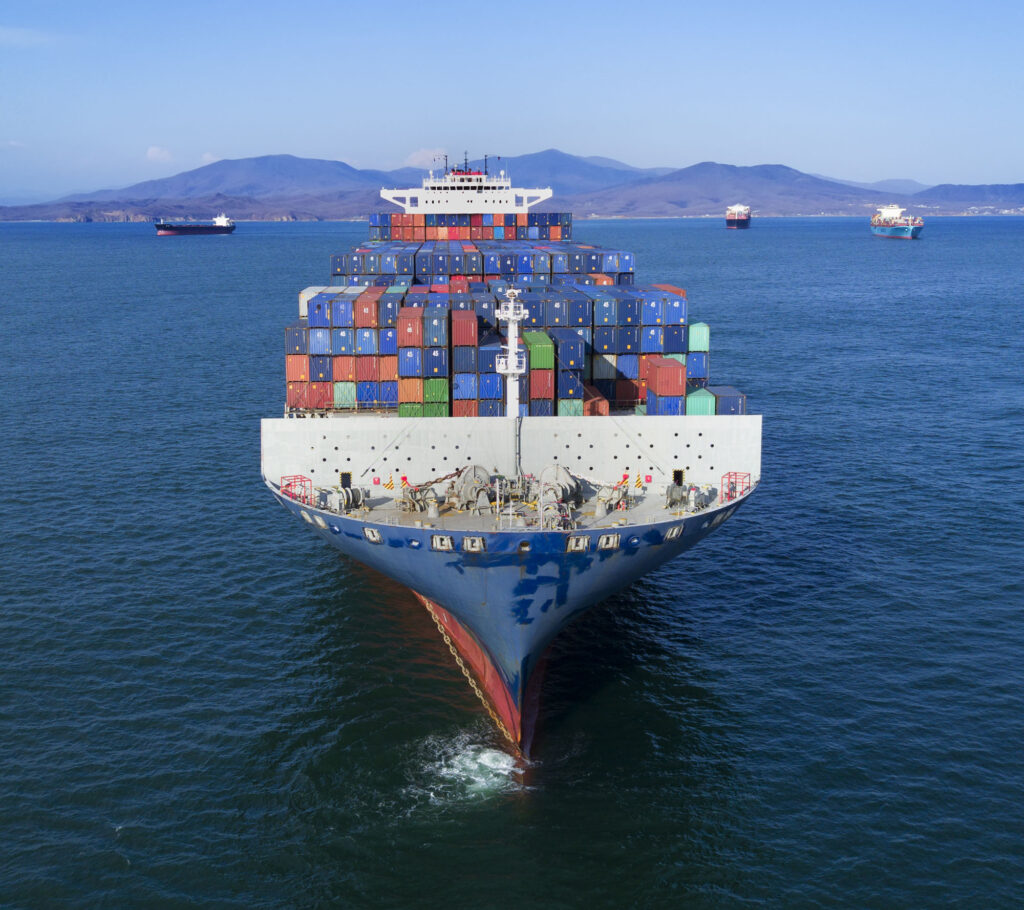This website uses cookies so that we can provide you with the best user experience possible. Cookie information is stored in your browser and performs functions such as recognising you when you return to our website and helping our team to understand which sections of the website you find most interesting and useful.
Climate change, trade, and global food security
In the report, Climate change, trade, and global food security – A global assessment of transboundary climate risks in agricultural commodity flows, the authors Kevin M. Adams and Magnus Benzie from Stockholm Environment Institute (SEI) and Mistra Geopolitics summarize their key insights on trade, climate change and food security.
This report provides a first systematic, quantitative assessment of transboundary climate risks to trade in major agricultural commodities – maize, rice, wheat, soy, sugar cane, and coffee.

The impacts of climate change do not respect national borders. Transboundary climate risk has critical implications for biophysical resources, financial flows, human mobility, infrastructure, national security, and trade.
Key messages
- Transboundary climate risks to global food security are critical and mounting but until now have remained largely unrecognized by the global community. This assessment reveals how these risks are distributed via international trade in six key commodities, linking producers and consumers thousands of kilometres apart.
- Traditional approaches to managing trade risk, such as substitution and diversification, will be ineffective in a world that is facing accelerating climate change impacts simultaneously.
- There is a high potential for increasingly tense geopolitical dynamics, as countries – particularly large agricultural producers – reckon with their own vulnerability to climate change and strive to maintain their current market shares.
- Assessing, managing, and reducing these risks will require a cooperative multilateral approach. Responses that only account for national self-interest could undermine global resilience and exacerbate the global adaptation challenge.
- A global systemic view is essential for planning and implementing equitable and effective adaptation. Achieving systemic resilience requires a level of international cooperation that is currently missing from global adaptation efforts. International organizations must do more to orchestrate and coordinate adaptation.
- The material risk posed to food security in countries at all levels of development – but especially in low income, import-dependent countries – makes adaptation to transboundary climate risk a matter of public policy. Public and private adaptation strategies need to be better aligned to achieve a just transition to a more resilient world.
Conclusion
Climate change will dramatically impact agricultural production all around the globe. In some cases, warmer temperatures will reduce yields, while in some limited circumstances agricultural productivity may increase. Overall, this assessment suggests that the risks are many times greater than the opportunities.
The assessment allows for comparison of significant trading relationships, exporters, importers and markets, and provides a basis for policymaking and setting priorities in risk management.
Cite as
Adams, K.M., Benzie, M., Croft, S. & Sadowski, S. (2021). Climate Change, Trade, and Global Food Security: A Global Assessment of Transboundary Climate Risks in Agricultural Commodity Flows. SEI Report. Stockholm Environment Institute, Stockholm. https://doi.org/10.51414/sei2021.009


 16/09/2021
16/09/2021

 Authors of this publication
Authors of this publication
